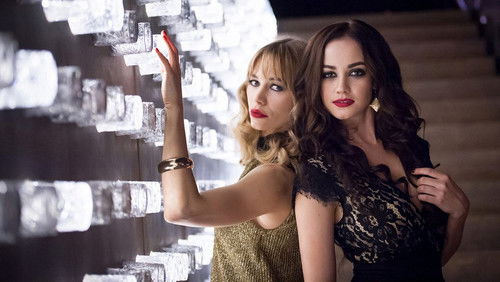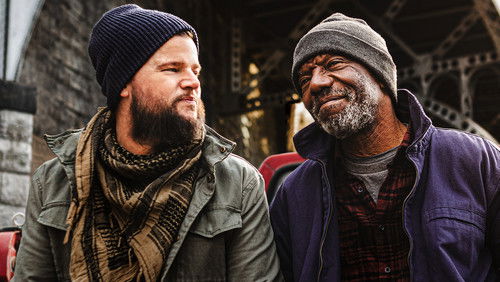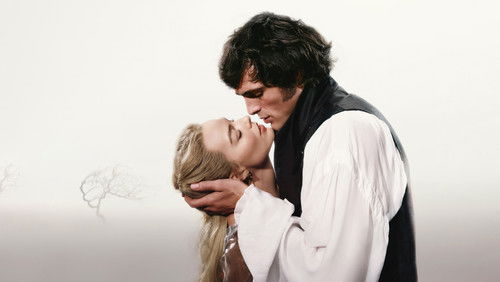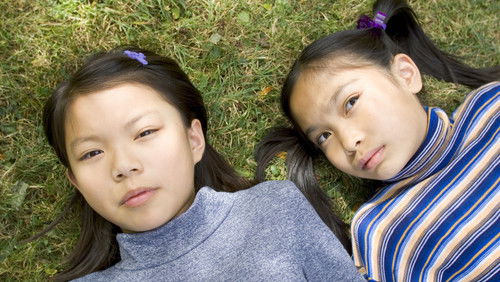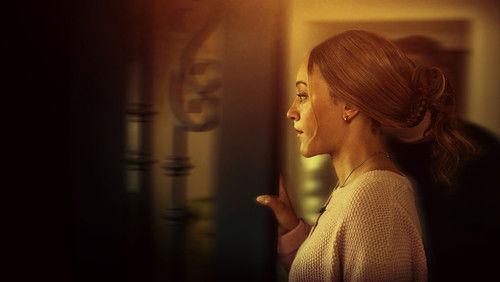Richard III (1955)
60KRichard III: Directed by Laurence Olivier. With Cedric Hardwicke, Nicholas Hannen, Laurence Olivier, Ralph Richardson. Shakespeare’s powerful tale of the wicked deformed King and his conquests, both on the battlefield and in the boudoir.
“It was Olivieru0026#39;s production of HENRY V that led to his showing what a creative producer/director of film he could be. His Oscar came from his u0026quot;Freudianu0026quot; interpretation of HAMLET. But I suspect that most people would say his greatest Shakespearean film (both as star and director) was this one – his performing the greatest villainous role in the English language, King RICHARD III.u003cbr/u003eu003cbr/u003eOne can carp about the historical accuracy of RICHARD III from now until doomsday. That monarch was attacked by two of Englandu0026#39;s leading literary figures: Sir Thomas More (who is also a political/religious martyr), and Shakespeare. In comparison only two literary figures of any consequence ever defended him: Horace Walpole (the 18th Century diarist and letter writer – best recalled, if at all, for his Gothic novel THE CASTLE OF OTRANTO) and Josephine Tey, the dramatist and mystery novelist who wrote a detective story, THE DAUGHTER OF TIME, to defend him. More, a Tudor government official (eventually Lord Chancellor, before he fell from official favor) was close to one of Richardu0026#39;s foes, Cardinal Morton, and so accepted Mortonu0026#39;s stories about Richardu0026#39;s murderous guilt. He wrote a HISTORY OF RICHARD III. Shakespeare, to keep official favor with the court, had to placate it with itu0026#39;s glorification of Henry VII, and vilification of the monarch who Henry defeated and killed. Walpole, a student of 18th Century skepticism and scholarship, wrote SOME QUESTIONS REGARDING RICHARD III, which point by point debated the so-called crimes Richard committed. Walpole, however, also was convinced that the pretender, Perkins Warbeck (executed 1499) was actually the younger one of the two Princes in the Tower. Tey used her gifts as a mystery novelist to examine the case as an intellectual puzzle for a recuperating Inspector Adam Grant in the novel. But she is basing her views on work done up to about 1935 or so, especially the Life of Richard III by the exploration historian Sir Clement Markhams. Today we realize more information from contemporary documents have come out. The balanced view is that Richard is truly a usurper (but this was par for the political course of 1483, especially after all of the blood and plotting of the War of the Roses). However, his actual planning of the deaths of Henry VI and his son, of George, Duke of Clarence, of Lords Rivers, Grey, and Hastings, and of his two nephews has never been conclusively shown (it could have been his one time ally the Duke of Buckingham, or his enemy Henry, Earl of Richmond/Henry VII, or even Cardinal Morton!). u003cbr/u003eu003cbr/u003eBut without a dramatist or novelist of Shakespeareu0026#39;s stature, we are left with only Shakespeareu0026#39;s Richard – the finest example of a Machiavellian monarch on stage. So it is that the role can never be played poorly, unless by some stupid concept thrown in by a director (witness Richard Dreyfusu0026#39;s having to play Richard as an over-the-top homosexual in THE GOODBYE GIRLS due to Paul Benedictu0026#39;s idiot scheme of production). An example of the universality of the role was shown by Sir Ian McKellanu0026#39;s version a decade ago, set in the 1930s, suggesting Richard as a potential Fascist leader of Great Britain (complete with his u0026quot;Hogu0026quot; symbol used in place of a swastika). That film version too was wonderful.u003cbr/u003eu003cbr/u003eOlivier is ably assisted by his cast of Richardson, Guilgud, Baker, Hardwicke, Bloom, and the others who show what happens when a power-hungry monster is allowed to divide and conquer his opponents, and then seize total power. There are moments in the film where Olivieru0026#39;s real personality comes out in frightening intensity. One is where he is playing with the two nephews, and when one teasingly refers to his humpback, the camera and lighting shows an intense hatred and anger rising from his eyes (the boys, by the way, notice it and cower). The other is the point when Richard decides to rein in his erstwhile ally in his rise, Buckingham (Richardson) who is at court to present his request for some payment for his assistance. Richard shouts impatiently u0026quot;Iu0026#39;m not in the giving mood today!u0026quot;, and crashes his scepter down narrowly missing Buckinghamu0026#39;s hand. The Duke notices this, and soon is off on his ill-fated rebellion.u003cbr/u003eu003cbr/u003eRICHARD III was a first rate film – in my opinion it may be the best filmed version of a Shakespeare play made before 1980. It is regrettable that,whatever the reason, Olivier never directed another Shakespearean film (he planned at least one I would have been interested in – CORIOLANUS – which never got beyond the stage production). So enjoy the three we have, and his performances in the films OTHELLO and AS YOU LIKE IT, and the television versions of his THE MERCHANT OF VENICE and KING LEAR. Itu0026#39;s all weu0026#39;ll ever have.”
